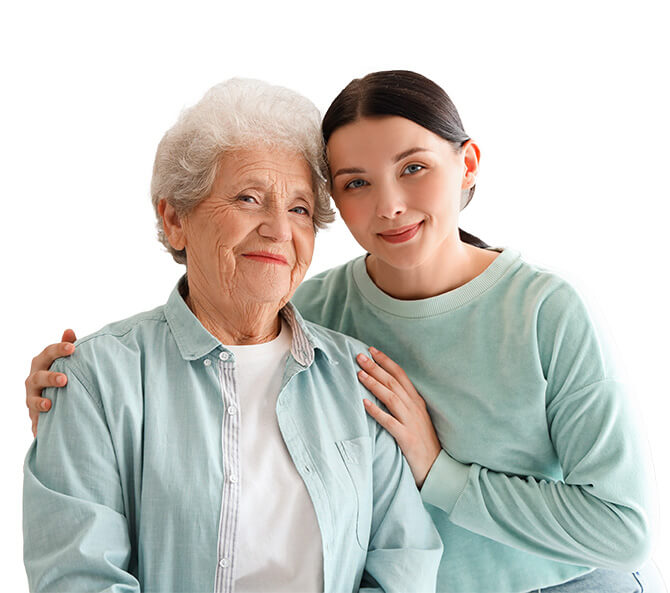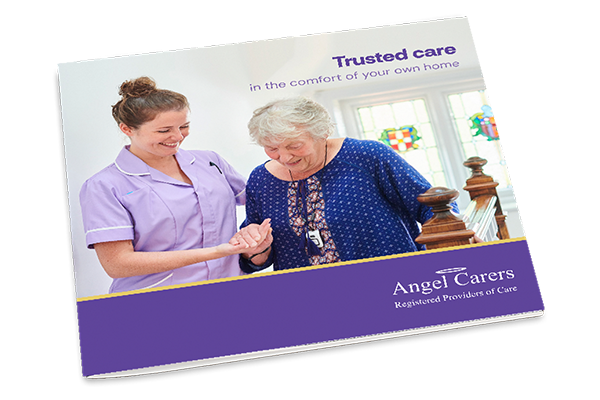Heatwave: caring for the elderly during one

The summer months are on their way, and with them comes the risk of a heatwave. Whilst most of the UK relish the thought of getting outside and enjoying the warmer, drier weather, it’s not all fun and games for the vulnerable people in our society. Elderly people, young children, and those with long-term or chronic health conditions, particularly heart conditions, are the most at risk of suffering extreme adverse effects from hot weather.
Coping mechanisms
When a heatwave occurs there are a variety of ways in which you can make things more comfortable and safe for the elderly and vulnerable people that you care for:
- Identify the coolest room in the house and make sure the elderly person spends most of their time in there during the hot weather. Use light coloured curtains to reflect heat and keep the room cooler, and keep them drawn during the day.
- Make sure the elderly person you’re caring for doesn’t go outside during the hottest part of the day, which is between 11am and 3pm. If they want some fresh air try to take them outside early in the morning or later on in the early evening when temperatures are lower.
- If the room is cooler than the temperature outside then keep the windows closed so as not to let warm air in. As the temperature cools outside, i.e. in the evening, it’s ok to open the windows for ventilation, if it’s safe to do so.
- Ensure that the elderly person drinks regular cold drinks such as water and fruit juice. Tea, coffee and alcohol should be avoided as they have diuretic effects and can exasperate dehydration.
- Ensure that the elderly people you are caring for are dressed in light, cotton or linen clothing, and that they’re not wearing too many layers.
- Taking cool baths and showers, or spritzing the face with cool water is a good way to keep the body cool. As a carer it’s important to ensure that this is happening regularly.
- Ensure that the elderly person you are caring for is eating properly. Small, light meals such as salads will help them to stay hydrated and keep their strength and immune system intact.
- Those with heart problems, breathing difficulties, or other serious illnesses may find that their symptoms worsen in the heat, so ensure that they have enough medication in stock and check up on them more often than you normally would.
Know the signs of heatstroke
Heatstroke is a serious condition that can be life-threatening to the elderly so it’s important to know the signs and symptoms so it can be spotted early. When the body is exposed to excessive heat its core temperature can become dangerously high. The body is no longer able to cool itself down and begins to overheat. Look out for the following symptoms, and seek medical help straight away if you notice:
- Dry skin
- Vertigo
- Confusion
- Headache
- Thirst
- Nausea
- Hyperventilation
- Muscle cramps
For more information on caring for the elderly during a heatwave, please see the official NHS guide Heatwave: Advice for care home managers and staff (www.nhs.uk)





